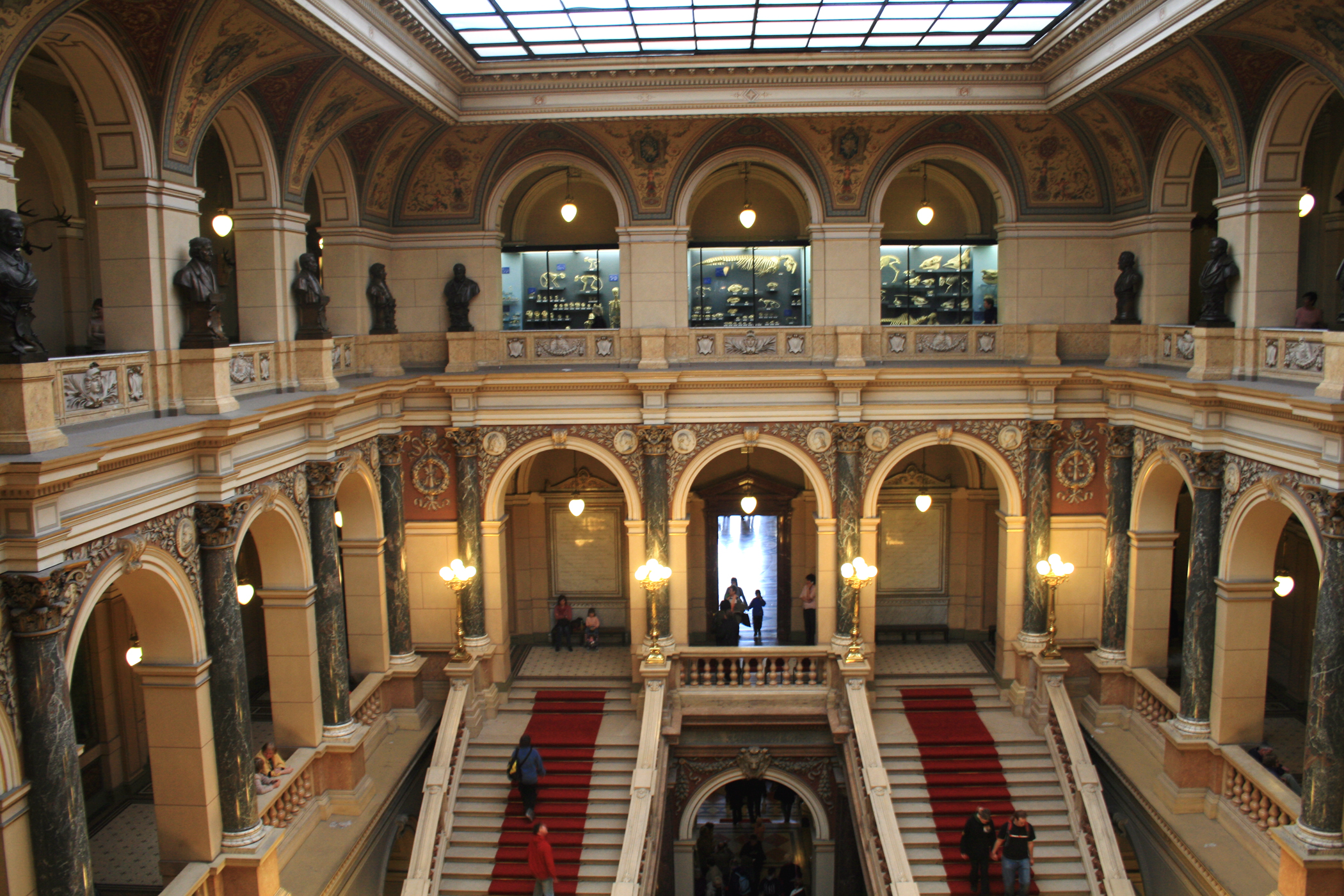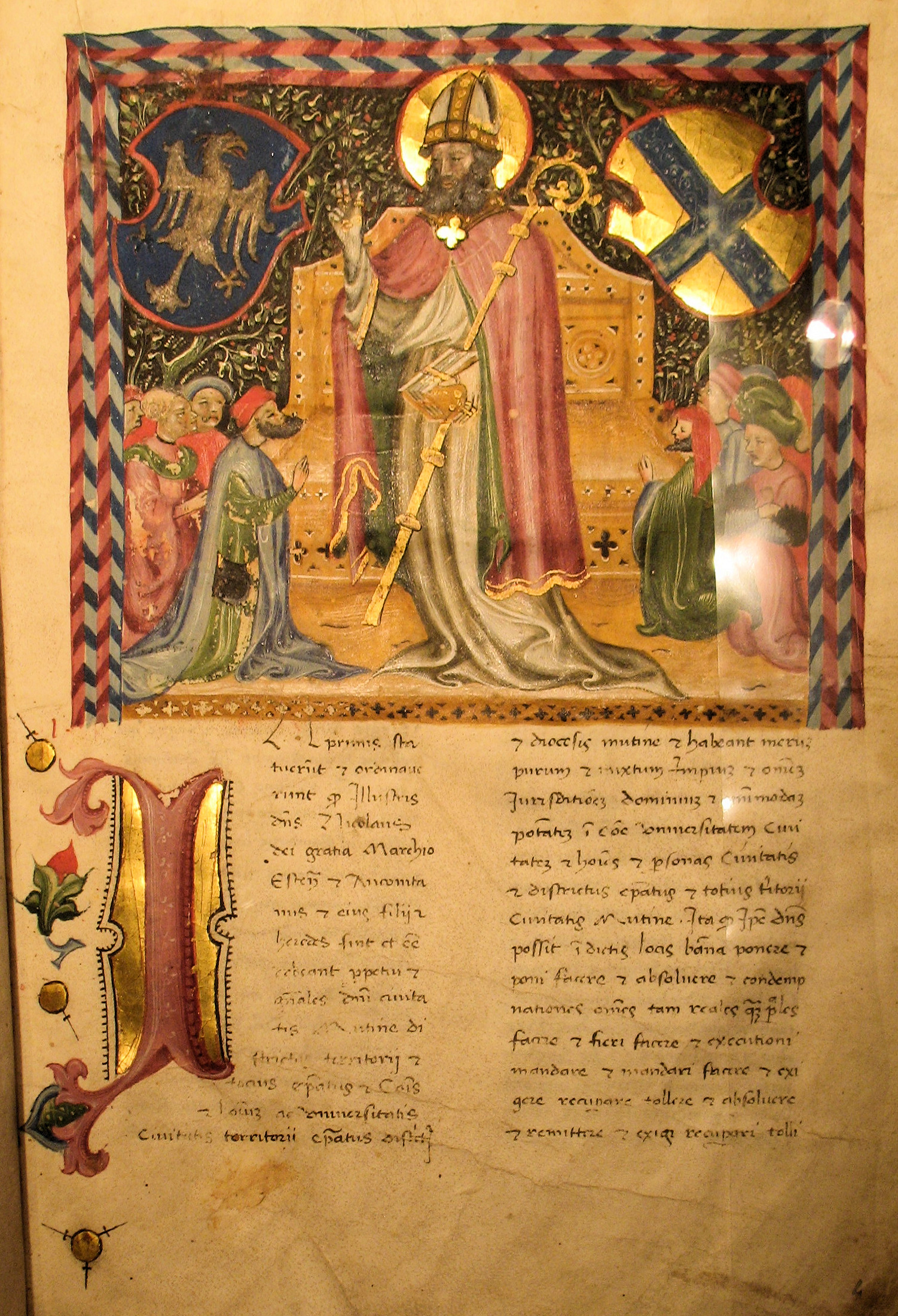|
Mater Verborum
Title page of «Mater Verborum» Mater Verborum (or Glosa Salomonis) is a medieval encyclopedical dictionary written in Latin language around 1240. The document is especially renowned for the more than 1000 comments written in it in the medieval Czech language. The manuscript is deposited in the Library of the National Museum (Prague) The National Museum (NM) (Czech language, Czech: ''Národní muzeum'') is a public museum dedicated to natural scientific and historical collections of the Czech Republic, its History of the Czech lands, history, Culture of the Czech Republic, cul ..., under signature X A 11. References External links Mater verborum online Medieval literature History of literat ... [...More Info...] [...Related Items...] OR: [Wikipedia] [Google] [Baidu] |
Middle Ages
In the history of Europe, the Middle Ages or medieval period lasted approximately from the 5th to the late 15th centuries, similarly to the post-classical period of global history. It began with the fall of the Western Roman Empire and transitioned into the Renaissance and the Age of Discovery. The Middle Ages is the middle period of the three traditional divisions of Western history: classical antiquity, the medieval period, and the modern period. The medieval period is itself subdivided into the Early, High, and Late Middle Ages. Population decline, counterurbanisation, the collapse of centralised authority, invasions, and mass migrations of tribes, which had begun in late antiquity, continued into the Early Middle Ages. The large-scale movements of the Migration Period, including various Germanic peoples, formed new kingdoms in what remained of the Western Roman Empire. In the 7th century, North Africa and the Middle East—once part of the Byzantine Empire� ... [...More Info...] [...Related Items...] OR: [Wikipedia] [Google] [Baidu] |
Encyclopedia
An encyclopedia is a reference work or compendium providing summaries of knowledge, either general or special, in a particular field or discipline. Encyclopedias are divided into article (publishing), articles or entries that are arranged Alphabetical order, alphabetically by article name or by thematic categories, or else are hyperlinked and searchable. Encyclopedia entries are longer and more detailed than those in most dictionary, dictionaries. Generally speaking, encyclopedia articles focus on ''factual information'' concerning the subject named in the article's title; this is unlike dictionary entries, which focus on Linguistics, linguistic information about words, such as their etymology, meaning, pronunciation, use, and grammar, grammatical forms.Béjoint, Henri (2000)''Modern Lexicography'', pp. 30–31. Oxford University Press. Encyclopedias have existed for around 2,000 years and have evolved considerably during that time as regards language (written in a major inte ... [...More Info...] [...Related Items...] OR: [Wikipedia] [Google] [Baidu] |
Dictionary
A dictionary is a listing of lexemes from the lexicon of one or more specific languages, often arranged Alphabetical order, alphabetically (or by Semitic root, consonantal root for Semitic languages or radical-and-stroke sorting, radical and stroke for Logogram, logographic languages), which may include information on definitions, usage, etymologies, pronunciations, Bilingual dictionary, translation, etc.Webster's New World College Dictionary, Fourth Edition, 2002 It is a Lexicography, lexicographical reference that shows inter-relationships among the data. A broad distinction is made between general and specialized dictionaries. Specialized dictionaries include words in specialist fields, rather than a comprehensive range of words in the language. Lexical items that describe concepts in specific fields are usually called terms instead of words, although there is no consensus whether lexicology and terminology are two different fields of study. In theory, general dictionarie ... [...More Info...] [...Related Items...] OR: [Wikipedia] [Google] [Baidu] |
Latin Language
Latin ( or ) is a classical language belonging to the Italic languages, Italic branch of the Indo-European languages. Latin was originally spoken by the Latins (Italic tribe), Latins in Latium (now known as Lazio), the lower Tiber area around Rome, Italy. Through the expansion of the Roman Republic, it became the dominant language in the Italian Peninsula and subsequently throughout the Roman Empire. It has greatly influenced many languages, Latin influence in English, including English, having contributed List of Latin words with English derivatives, many words to the English lexicon, particularly after the Christianity in Anglo-Saxon England, Christianization of the Anglo-Saxons and the Norman Conquest. Latin Root (linguistics), roots appear frequently in the technical vocabulary used by fields such as theology, List of Latin and Greek words commonly used in systematic names, the sciences, List of medical roots, suffixes and prefixes, medicine, and List of Latin legal terms ... [...More Info...] [...Related Items...] OR: [Wikipedia] [Google] [Baidu] |
Czech Language
Czech ( ; ), historically known as Bohemian ( ; ), is a West Slavic language of the Czech–Slovak group, written in Latin script. Spoken by over 12 million people including second language speakers, it serves as the official language of the Czech Republic. Czech is closely related to Slovak, to the point of high mutual intelligibility, as well as to Polish to a lesser degree. Czech is a fusional language with a rich system of morphology and relatively flexible word order. Its vocabulary has been extensively influenced by Latin and German. The Czech–Slovak group developed within West Slavic in the high medieval period, and the standardization of Czech and Slovak within the Czech–Slovak dialect continuum emerged in the early modern period. In the later 18th to mid-19th century, the modern written standard became codified in the context of the Czech National Revival. The most widely spoken non-standard variety, known as Common Czech, is based on the vernacular of ... [...More Info...] [...Related Items...] OR: [Wikipedia] [Google] [Baidu] |
Manuscript
A manuscript (abbreviated MS for singular and MSS for plural) was, traditionally, any document written by hand or typewritten, as opposed to mechanically printed or reproduced in some indirect or automated way. More recently, the term has come to be understood to further include ''any'' written, typed, or word-processed copy of an author's work, as distinguished from the rendition as a printed version of the same. Before the arrival of prints, all documents and books were manuscripts. Manuscripts are not defined by their contents, which may combine writing with mathematical calculations, maps, music notation, explanatory figures, or illustrations. Terminology The word "manuscript" derives from the (from , hand and from , to write), and is first recorded in English in 1597. An earlier term in English that shares the meaning of a handwritten document is "hand-writ" (or "handwrit"), which is first attested around 1175 and is now rarely used. The study of the writing ( ... [...More Info...] [...Related Items...] OR: [Wikipedia] [Google] [Baidu] |
National Museum (Prague)
The National Museum (NM) (Czech language, Czech: ''Národní muzeum'') is a public museum dedicated to natural scientific and historical collections of the Czech Republic, its History of the Czech lands, history, Culture of the Czech Republic, culture and Czechs, people, among others. The museum was founded in 1818 by Kaspar Maria von Sternberg, Kašpar Maria Šternberg. Historian František Palacký was also strongly involved in the foundation of the museum. The National Museum houses nearly 14 million items from the areas of natural history, history, arts, music and librarianship, which are located in dozens of museum buildings. The main hall of the National Museum is located on Wenceslas Square in downtown Prague. Built in Renaissance Revival architecture, neo-renaissance style in 1891, the building underwent significant restoration from 2011 to 2018 to mark the centennial of the Czechoslovak declaration of independence, Czech and Czechoslovak declaration of independence. Due ... [...More Info...] [...Related Items...] OR: [Wikipedia] [Google] [Baidu] |
Medieval Literature
Medieval literature is a broad subject, encompassing essentially all written works available in Europe and beyond during the Middle Ages (that is, the one thousand years from the fall of the Western Roman Empire ca. AD 500 to the beginning of the Renaissance in the 14th, 15th or 16th century, depending on country). The literature of this time was composed of religious writings as well as secular works. Like modern literature, it is a broad field of study, from the utterly sacred to the exuberantly profane, touching all points in between. Works of literature are often grouped by place of origin, language, and genre. Languages Outside of Europe, medieval literature was written in Geʽez, Ethiopic, Syriac language, Syriac, Coptic language, Coptic, Japanese language, Japanese, Chinese language, Chinese, and Arabic, among many other languages. In Western Europe, Latin was the common language for medieval writing, since Latin was the language of the Roman Catholic Church, which domin ... [...More Info...] [...Related Items...] OR: [Wikipedia] [Google] [Baidu] |
History Of Literature
The history of literature is the historical development of writings in prose or poetry that attempt to provide entertainment or education to the reader, as well as the development of the literary techniques used in the communication of these pieces. Not all writings constitute literature. Some recorded materials, such as compilations of data (e.g., a check register) are not considered literature, and this article relates only to the evolution of the works defined above. Ancient (Bronze Age–5th century) Early literature is derived from stories told in hunter-gatherer bands through oral tradition, including myth and folklore. Storytelling emerged as the human mind evolved to apply causal reasoning and structure events into a narrative and language, allowing early humans to share information with one another. Early storytelling provided opportunity to learn about dangers and social norms while also entertaining listeners. Myth can be expanded to include all use of patterns and s ... [...More Info...] [...Related Items...] OR: [Wikipedia] [Google] [Baidu] |
Czech Manuscripts
Czech may refer to: * Anything from or related to the Czech Republic, a country in Europe ** Czech language ** Czechs, the people of the area ** Czech culture ** Czech cuisine * One of three mythical brothers, Lech, Czech, and Rus *Czech (surname) *Czech, Łódź Voivodeship, Poland *Czechville, Wisconsin, unincorporated community, United States See also * Čech, a surname * Czech lands * Czechoslovakia * List of Czechs * * * Check (other) * Czechoslovak (other) * Czech Republic (other) The Czech Republic The Czech Republic, also known as Czechia, and historically known as Bohemia, is a landlocked country in Central Europe. The country is bordered by Austria to the south, Germany to the west, Poland to the northeast, and ... * Czechia (other) {{disambiguation Language and nationality disambiguation pages ... [...More Info...] [...Related Items...] OR: [Wikipedia] [Google] [Baidu] |
Manuscripts In Latin
A manuscript (abbreviated MS for singular and MSS for plural) was, traditionally, any document written by hand or typewritten, as opposed to mechanically printed or reproduced in some indirect or automated way. More recently, the term has come to be understood to further include ''any'' written, typed, or word-processed copy of an author's work, as distinguished from the rendition as a printed version of the same. Before the arrival of prints, all documents and books were manuscripts. Manuscripts are not defined by their contents, which may combine writing with mathematical calculations, maps, music notation, explanatory figures, or illustrations. Terminology The word "manuscript" derives from the (from , hand and from , to write), and is first recorded in English in 1597. An earlier term in English that shares the meaning of a handwritten document is "hand-writ" (or "handwrit"), which is first attested around 1175 and is now rarely used. The study of the writing (the ... [...More Info...] [...Related Items...] OR: [Wikipedia] [Google] [Baidu] |






